Ethiopia
On the occasion of the 15th anniversary since Eritrea and Ethiopia agreed to draw a borderline, the European Union (EU) says it remains concerned over tensions between the two countries, stating that it was bad for security in the Horn of Africa region.
‘‘The EU remains deeply concerned that the present stalemate continues to put regional stability at risk, with potentially negative implications on international peace and security as well as international trade, and hampers regional cooperation and development,’‘ a statement issued by EU chief Federica Mogherini read.
The EU maintained that it was in the interest of both nations to resolve their differences and ‘‘to move to a phase of building constructive and peaceful relations.’‘
On April 13, 2002, the Eritrea-Ethiopia Boundary Commission (EEBC) communicated its decision to officially demarcate the border between the State of Eritrea and the Federal Democratic Republic of Ethiopia.
The EEBC had been established as part of the Algiers peace agreement overseen by President Abdul Aziz Bouteflika and signed by the leaders of Eritrea, President Isaias Afwerki, and Ethiopia, late Prime Minister Meles Zenawi, in Algiers, Algeria on 12 December 2000.
The EU signed as a witness alongside the host country, the United States of America, the United Nations and the African Union (then known as the Organisation of African Unity.)
‘‘As part of its strong engagement on the Horn of Africa, the EU stands ready to support the process and any measures that will create conditions for a mutually beneficial relationship between Eritrea and Ethiopia in the future,’‘ the statement concluded.
Tensions between the two countries have been simmering with the most recent being claims by Ethiopia that Eritrea-backed rebels were behind an attempt to attack the Grand Ethiopian Renaissance Dam (GERD) project.
Ethiopia has also accused Eritrea of accommodating persons behind the Amhara and Oromia protests that have swept through the country since November 2015. Ethiopia is currently under a state of emergency which was imposed to quell the unrest.
Eritrea achieved independence from Ethiopia in 1993 after decades of armed struggle. In 1998, the two neighbouring countries fought a two-year long war over their disputed border which has claimed the lives of at least 70,000.
The two countries have had tense relations as a peace deal signed in 2000 to end the war has never been fully implemented.



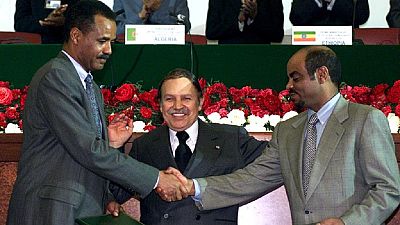

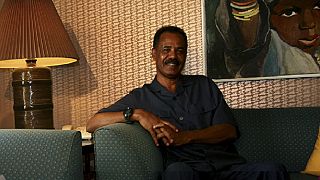
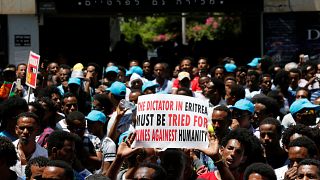
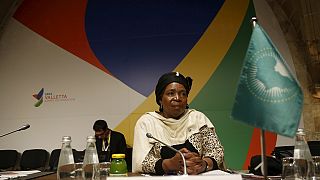


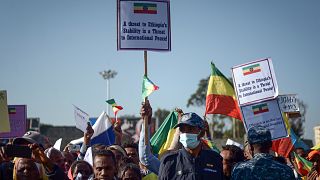



Go to video
Over 40 killed in attack on Sudanese hospital: WHO Chief condemns “Appalling” strike
Go to video
Mali: Army foils attack in Timbuktu, a day after jihadist assault killed 30 soldiers
01:17
ECRI warns of persistent racial profiling in European law enforcement
02:24
Racial profiling still rife across the EU, Council of Europe says
01:35
Botswana's FM says country wants to deepen trade with EU amid Trump's tariffs
Go to video
What went wrong during Ramaphosa - Trump meeting?